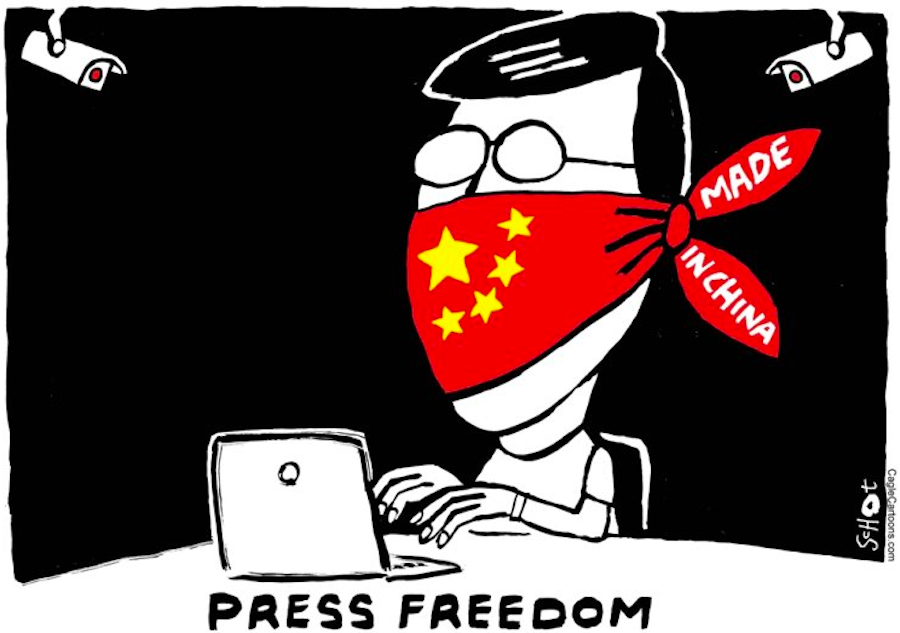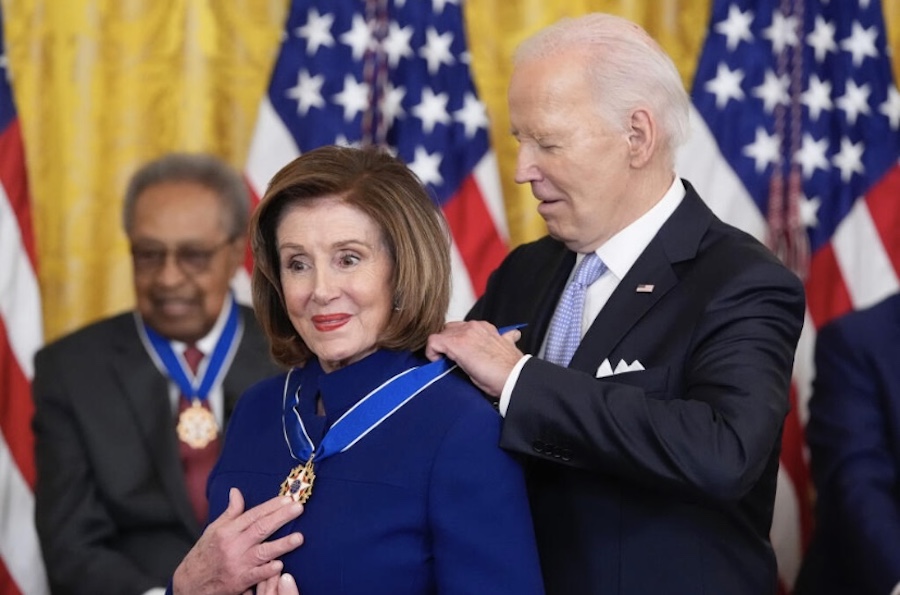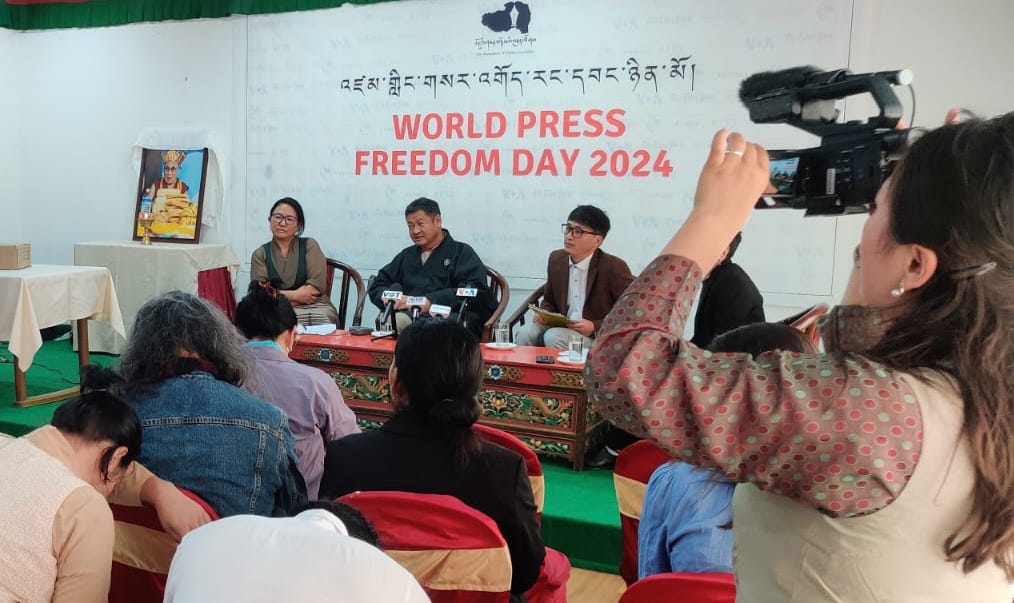By SHI EHUA
BEIJING, China: It has been 10 years since China sent a representative to the United States for the purpose of signing the U.N. International Covenant on Civil and Political Rights in 1998. Yet the National People’s Congress has never ratified the document. In other words, the human rights covenant has not yet taken effect in China.
China undertook two major tasks ten years ago: one was joining the World Trade Organization and the other was signing the Civil Rights Covenant. The former was accomplished, and has facilitated China’s continuous economic growth. The latter remains on hold, unresolved.
It is said that the NPC’s refusal to ratify the covenant is due to reservations over abolishing the death penalty. I don’t agree with this speculation, for the Civil Rights Covenant says only that “sentence of death may be imposed only for the most serious crimes in accordance with the law in force at the time of the commission of the crime and not contrary to the provisions of the present Covenant and to the Convention on the Prevention and Punishment of the Crime of Genocide.”
What part of this does the NPC disagree with? We cannot expect that death penalties would not be based on China’s laws, nor could we assume that the NPC intends to withdraw from the Convention on Genocide, which it ratified in 1983.
Then the NPC’s disapproval could only fall on the part that restricts capital punishment to only the most serious crimes. Nevertheless, Article 48 of the Criminal Law, passed by the NPC itself, indicates that the death penalty is only applicable for “extremely serious” crimes. The only difference between the U.N. covenant and Chinese law lies in the crimes to which it applies — the former restricts it to the “most serious” crimes while the latter allows it only for “extremely serious” crimes.
Explaining the distinction between these two would be a difficult task for even the most excellent linguist. It can be easily recognized in practice, however.
The exact number of Chinese citizens executed by court order remains a state secret. International human rights experts estimate that the number far exceeds that of other countries, including those that have signed the covenant and those that have not. This is to say, China would be ranked Number 1 if there were a world ranking for executions.
Even if we divide the current number by China’s population, China would still hold the leading position. Judging by the result, China’s leaders appear to have a bigger interest in sending criminals to their deaths than those of other countries.
Some people have attributed this to the Chinese tradition of seeking revenge. This could possibly refer to the tradition of Mao Zedong. Mao is said to have taken pleasure in killing, but he defended this by saying it was at the people’s request.
Still, it has been more than 30 years since Mao’s death, and the situation has advanced with the times. China has developed and reached a new era in which the leaders advocate a “harmonious society.”
Then why would instability result from limiting the type of crimes that merit capital punishment? Who under the sun do the rulers desire to kill? Moreover, who would buy the tall story that restricting the application of the death penalty would change China’s political color? Who would believe that a tiny thing like the death sentence could defeat the task of building a harmonious society, the absolute principle in today’s China?
When the members of the NPC are asked to vote, is it possible that more than 50 percent of them would be so muddleheaded as to consider the death penalty the foundation of China’s stability?
Therefore, we had better admit honestly that the reason the civil rights covenant has never been approved lies in the fear of granting human rights rather than the need to protect the use of the death penalty.
Besides the arguments above, some people defend this disapproval by saying it is related to the system of checks and balances between the NPC and the central government. The check-and-balance system between the congress and the government of a given nation is indeed normal where the separation of powers exists.
However, China does not practice the separation of powers — this has been true for both the deceased and the current core leadership, and is known by the whole world.
The practice of centralized leadership means that both the central government and the NPC are under the control of the Chinese Communist Party. Therefore, unless one of the two following situations occurred, the behavior of the NPC would not be out of line with the government.
One case would be if the Party Central Committee were to fall into crisis and lose its dominion over the central government and the NPC. The other would be if a double-dealer existed within the Party Central Committee.
This person would have arranged for the government to send someone to the United Nations to sign the covenant so that China could fish for undeserved fame, gain the United Nations’ trust and maintain its seat within the U.N. Human Rights Council. On the other hand, the double-dealer would have instructed the NPC not to take the issue of ratifying the Civil Rights Covenant seriously, not to put it on the agenda and not to approve it.
In addition, I would like to kindly suggest a third possibility — that the NPC, or the Party Central Committee, has simply forgotten to ratify the covenant. In this case, the central leadership would readily accept good advice if a reminder came to their attention.
Civil society has at least twice offered such reminders recently. One was voiced by Dr. Yang Jianli, chairman of the 21st Century China Foundation. The other was raised in a letter signed by more than 10,000 citizens, including lawyers, scholars and patriotic personages, at the time of the New Year in 2008. Continued forgetfulness cannot be justified after receiving such reminders.
In order for everyone to be winners and to have no losers, in 2008 — when the members of the NPC and the government will be replaced, the Olympic Games will take place in Beijing, and China is moving forward toward a brand new atmosphere — it is strongly urged that China’s leaders take the initiative to ratify the International Covenant on Civil and Political Rights.
—
(Shi Ehua is the pen name of a freelance writer based in Beijing. This article is edited and translated from the Chinese by UPI Asia Online; the original can be found at www.ncn.org.)









